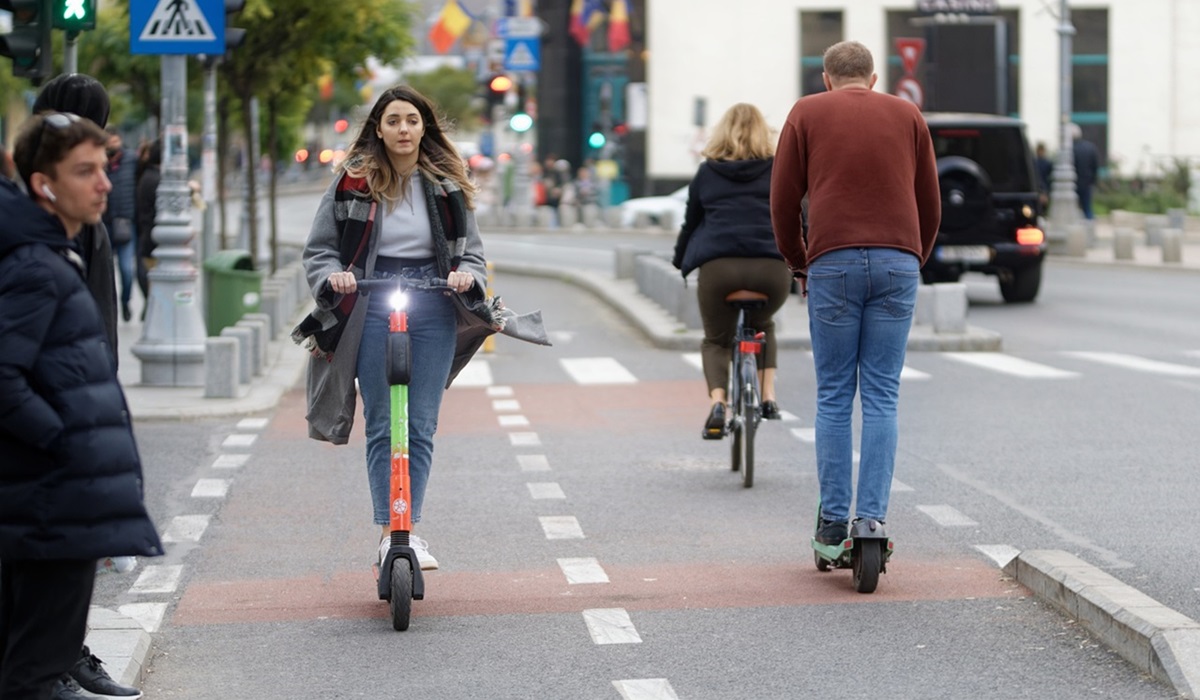Melbourne Bans E-Scooters: Safety Concerns or Overreaction?
- Ingrid Jones
- Environment
- Travel
- Trending
- August 16, 2024

Image Credit, Mircea Iancu
Melbourne has become the latest city to ban e-scooters, citing concerns over congestion, safety, and the lack of insurance requirements for riders. City officials argue that the rapid proliferation of e-scooters has led to overcrowded sidewalks, increased accidents, and a public nuisance that outweighs their benefits. The decision has sparked a heated debate over the future of urban transportation and the potential consequences of the ban.
E-scooters, which have become a popular mode of transportation in cities around the world, are lauded for their affordability, convenience, and environmental benefits. They can be picked up and dropped off anywhere in the city, providing a flexible and accessible option for those without vehicles. Additionally, their electric power means they produce zero emissions, making them an attractive alternative to cars in the fight against climate change.
However, Melbourne’s authorities argue that the unregulated nature of e-scooters has created a public safety hazard. The lack of insurance requirements means that many riders are not covered in the event of an accident, leaving pedestrians and other road users vulnerable. The city’s sidewalks have become increasingly congested with abandoned e-scooters, leading to complaints from residents and business owners alike.
Critics of the ban, however, see it as a short-sighted solution to a problem that could have been addressed through tighter regulations rather than an outright ban. They argue that e-scooters provide a valuable service to residents, particularly those who cannot afford cars or prefer not to use public transportation. They also point out that in other cities where e-scooters are allowed, regulations have been introduced to address safety concerns, such as mandatory helmet laws, speed limits, and designated parking areas.
The ban raises questions about the motives behind Melbourne’s decision. Some suggest that the city may be bowing to pressure from traditional transportation industries or residents opposed to the rapid changes in urban mobility. Others worry that the ban could set a precedent for other cities facing similar challenges, potentially stifling innovation in the transportation sector.
As cities around the world grapple with the challenges of managing e-scooters, Melbourne’s decision will be closely watched. The question remains whether a more balanced approach, involving stricter regulations and better infrastructure, could have achieved the same safety goals without sacrificing the convenience and environmental benefits that e-scooters offer.
For now, Melbourne residents will have to find alternative ways to get around the city as the debate over e-scooters continues to rage on. Whether the ban will lead to a safer and less congested city or simply push the problem elsewhere remains to be seen.








